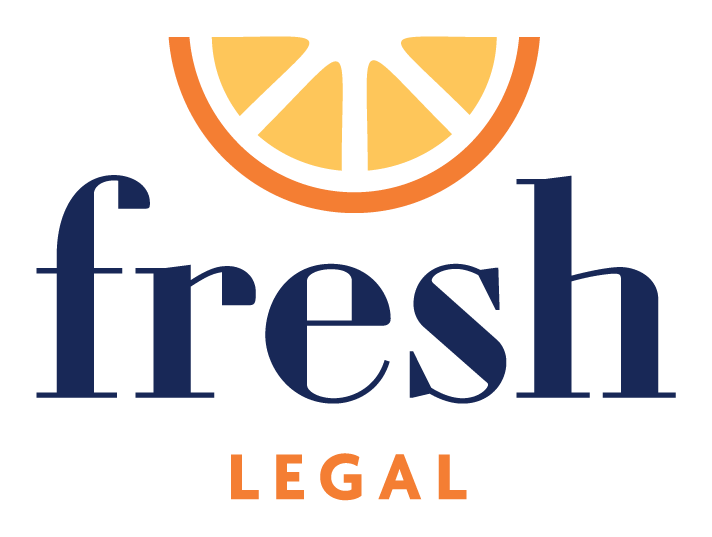Equalization: Personal Injury Awards, Part 2
Do the timing and structure of a personal injury settlement impact whether it is shared in separation?
In a previous post, we discussed whether you can exclude your personal injury award from your net family property. In general, you can exclude the award if it meets certain criteria. This post explores how the timing and the structure of the award may impact whether it is shared with your ex-spouse.
How does the timing of the injury or award impact how family law treats it?
How family law treats your settlement will depend on when the injury occurred and how the settlement is apportioned into the different "heads of damages" that were discussed earlier.
If the injury happened after the date of separation and you receive a settlement or court awarded damages, you will not have to share any of that money in the property division with your former spouse. This is because the incident happened outside of the relationship/marriage, and as such your spouse has no legal claim to the money. However, the parts of the settlement specifically designed to compensate for lost income could be included when determining income for the purposes of child or spousal support.
If the injury happened prior to separation, things are slightly more complex. In these cases, it is necessary to look at what part of the settlement fell under which "head of damages." If part of your settlement is related to money you would have received during the marriage (i.e. loss of past income), it will have to shared with your spouse as you would have received that income had you not been injured.
However, if your settlement is to compensate you for loss of future income (i.e. income you would have received after separation) you do not have to include it in the calculation of your net family property as it is compensating you for income you would have received after separation. You will, however, have to include it when determining your income for spousal or child support.
How are "structured settlements" treated in family law?
Structured settlements are a method of having your personal injury settlement paid out over a long period of time, rather than receiving a lump-sum payment, and are treated very differently in family law.
If you receive a lump-sum payment from a personal injury settlement, it may be treated as part of your net family property. As such, parts of that lump-sum payment may have to be shared with your former spouse in the form of an equalization payment.
Structured settlements on the other hand are not treated as forming part of your net family property; instead they are treated as a form of income. Thus, it is only taken into account when determining income for spousal or child support. It is important to note that structured settlement payments are typically tax-free, which means that the amount will have to be grossed up when determining income for support purposes.

